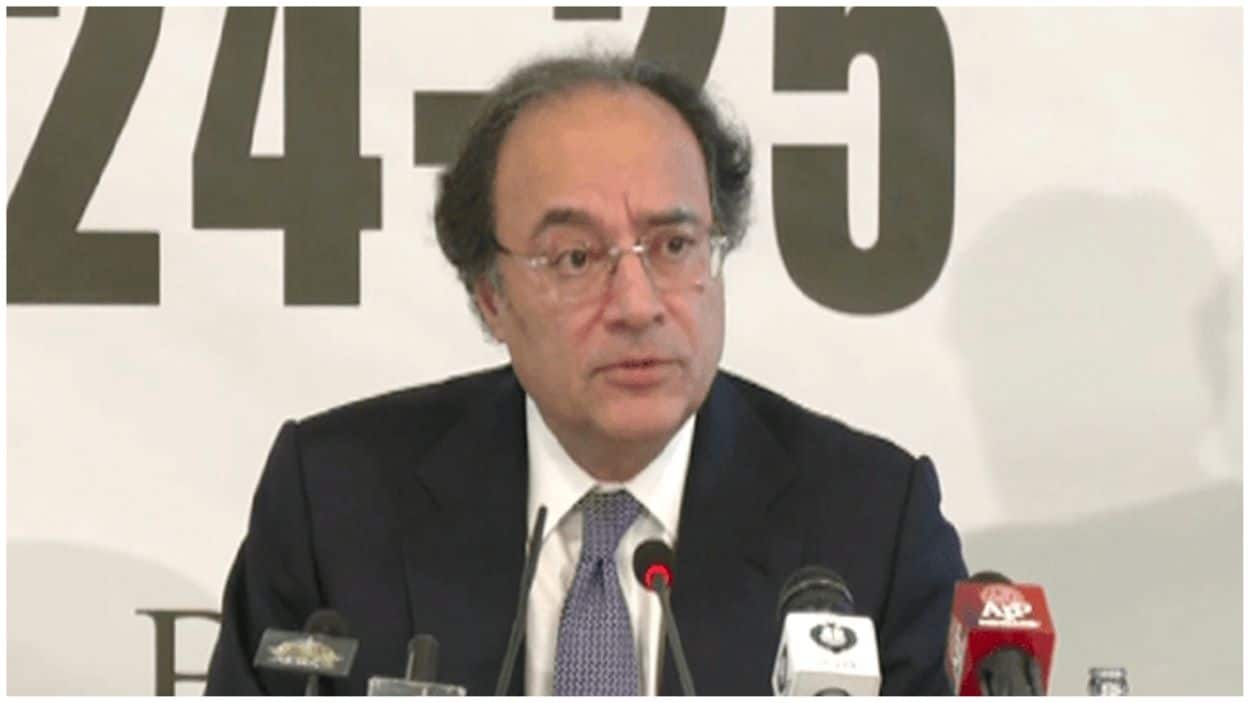Pakistan is poised to secure a fresh International Monetary Fund (IMF) bailout package on September 25.
Finance Minister Muhammad Aurangzeb spoke at the CFA Society of Pakistan’s 21st Annual Excellence Awards, and Aurangzeb hoped this would be the country’s final IMF program. However, he cautioned that failing to maintain reforms could lead to further reliance on IMF support.
Aurangzeb’s comments followed Islamabad’s agreement in July with the IMF on a $7 billion loan spanning 37 months. The approval of this bailout package hinges on the decision of the IMF’s executive board, which will meet on September 25 with Pakistan’s situation on the agenda.
Pakistan needed to secure an additional $2 billion from bilateral and commercial lenders to meet the prerequisites for the IMF’s approval. Pakistan’s external debts include $5 billion in cash deposits to Saudi Arabia and substantial loans from China and the United Arab Emirates.
During his speech, Aurangzeb emphasized the need for macroeconomic stability and highlighted the country’s history of economic models that have not delivered the expected outcomes.
Read: IMF to Review Pakistan’s $7 Billion Loan Request on September 25
On pension reforms, the finance minister announced that new federal government employees would contribute to a defined-contribution pension scheme, marking a shift towards a more sustainable fiscal framework. Aurangzeb also advocated for an economic shift from import-reliance to an export-driven model.
Furthermore, the government is preparing to introduce a mini-budget to generate approximately Rs 650 billion in revenue. This initiative will target tax evaders and increase the general sales tax (GST) on properties, tractors, and other items. Additionally, the government agreed to increase real estate valuation tables in 42 cities by the end of September 2024, enabling the Federal Bureau of Revenue (FBR) to announce revised rates soon.






